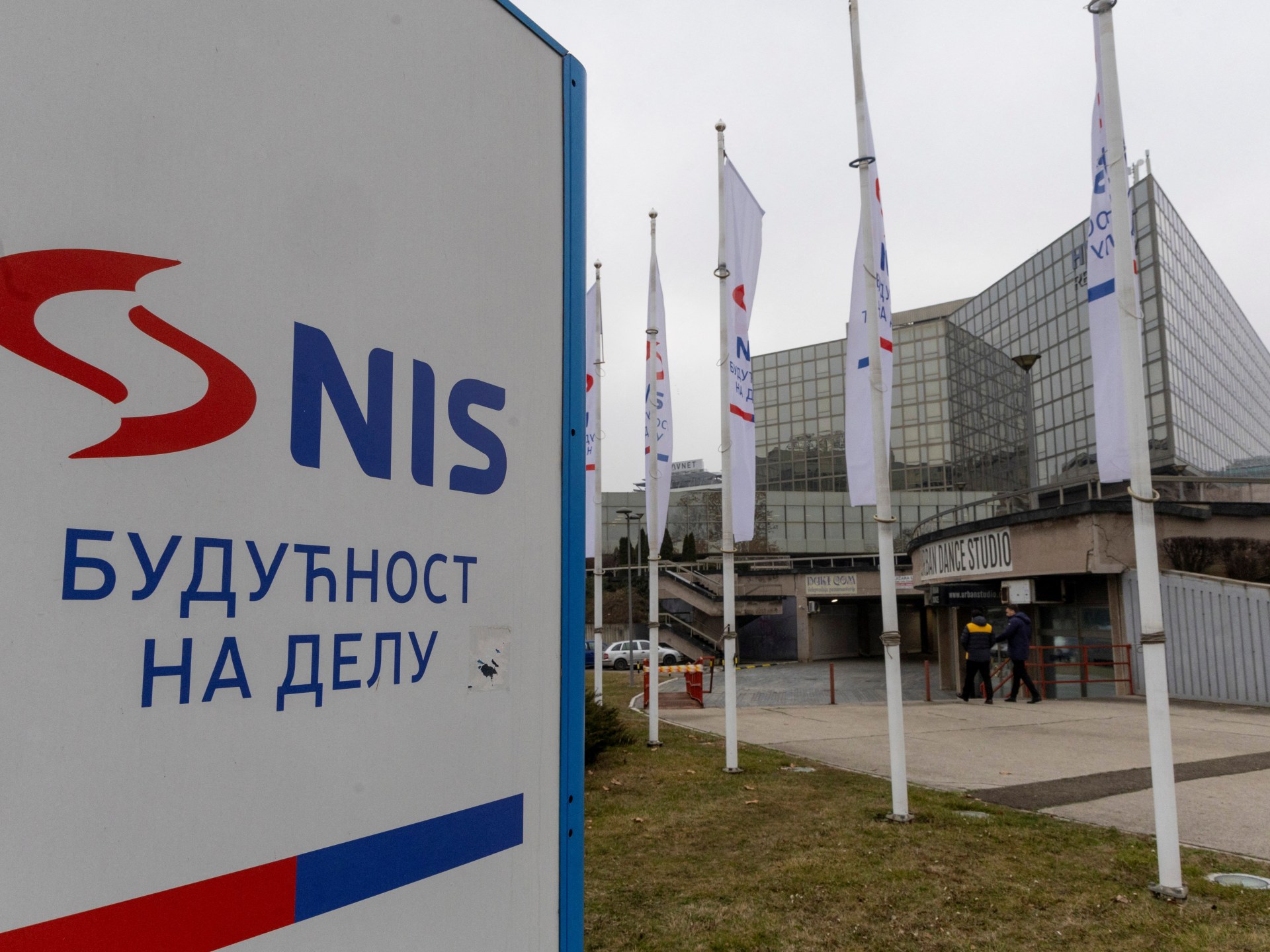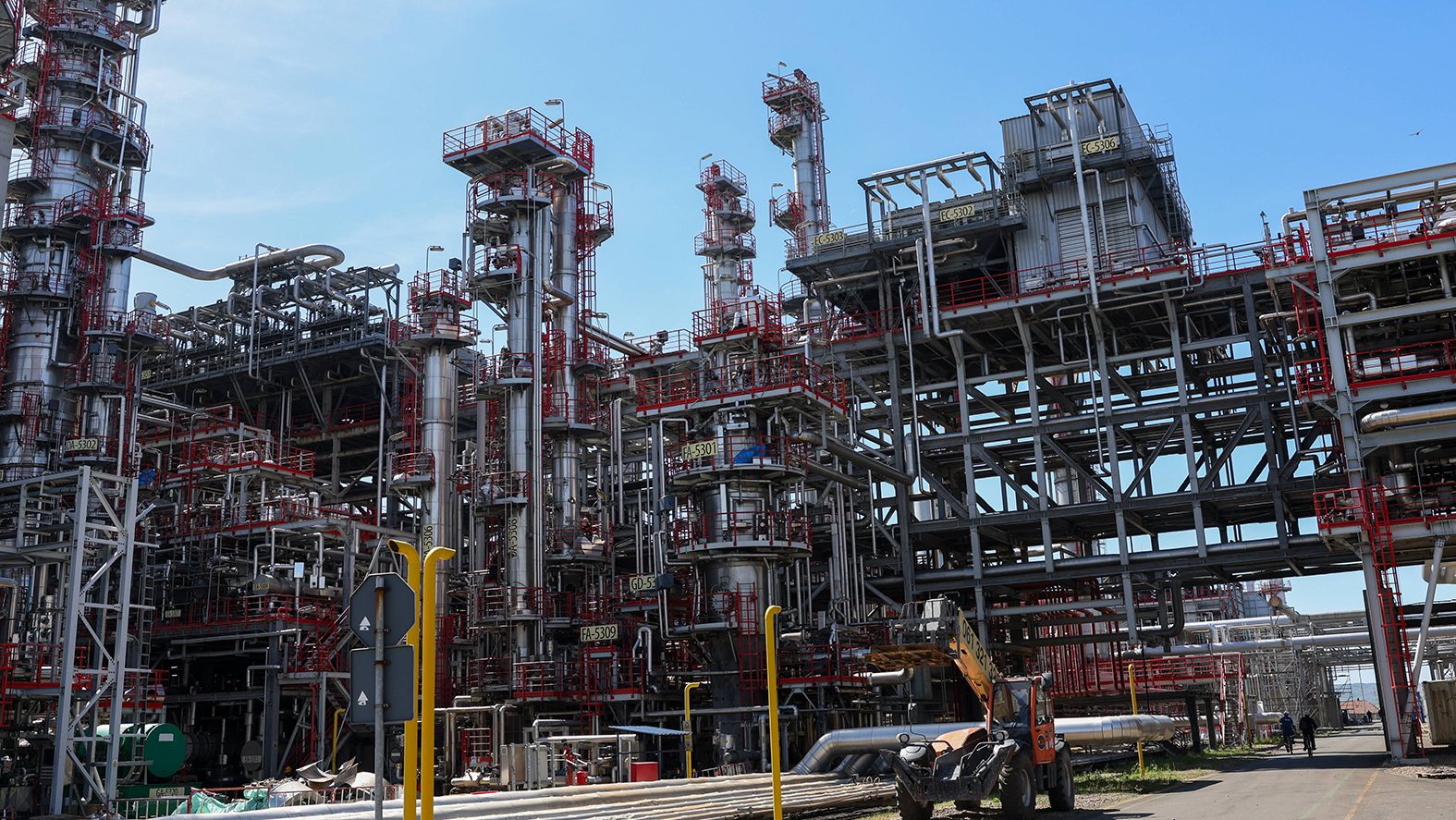US Sanctions on NIS: Another Delay or a Silent Disaster for Serbia?
Sanctions That Just Keep Dragging On… The US sanctions on Serbia’s oil industry, specifically the company NIS, have been delayed for the fourth time! The US Department of Treasury has issued a new special license postponing the full enforcement of sanctions until July 29, 2025. This license allows NIS to continue its operational activities, maintain contracts and financial transactions, and keep supplying the domestic market with petroleum products without interruption.
Why Does This Matter? NIS is majority-owned by Russian Gazprom Neft (about 56%), while Serbia holds around 30%. The sanctions are part of the US package targeting the Russian energy sector, introduced in response to Russia’s invasion of Ukraine. The sanctions were originally set to take effect on February 28, 2025, but have been postponed four times since.
What’s Happening Behind the Scenes? Gazprom Neft has reduced its ownership stake from 44% to about 5%, transferring part of its shares to Gazprom, which is not under sanctions. This change in ownership structure is an attempt to avoid sanctions. However, the US administration still keeps NIS on the sanctions list.
Consequences of the Sanctions? Experts warn that activating the sanctions would cause serious problems: blocking bank transactions, halting oil deliveries via the Adriatic Pipeline (JANAF), disruptions in petroleum product supply, threatening social stability and the jobs of over 13,000 employees. JANAF has also received a license to continue transporting crude oil to the Pančevo refinery until July 29, which is crucial for system functioning.
Political Games and Lobbying Serbian President Aleksandar Vučić said he does not expect but hopes for another delay of the sanctions. The Serbian government and NIS are actively lobbying US authorities to remove NIS from the sanctions list. However, the situation is complex due to geopolitical circumstances and pressure in the US Congress, where hawks oppose any easing towards Russia.
What Do Experts Say? Energy expert Petar Stanojević assesses the situation as uncertain and says the delay is only a temporary fix. He warns that there are already difficulties in supplying spare parts and cooperating with some companies.
What’s Next? NIS has submitted a request to be removed from the sanctions list, but the decision lies with the US administration and Congress. If sanctions come into force, the consequences will be severe not only for NIS but for the entire Serbian economy and stability.
Conclusion This sanctions saga has been dragging on for months, with Serbia caught between a rock and a hard place – on one side US pressure to enforce sanctions, on the other a real threat of energy and economic collapse. Will there be a final resolution or more delays and uncertainty? Only time will tell.
What do you think about this endless sanctions drama? Is NIS a victim of geopolitics or a pawn in the hands of great powers? Drop a comment and let’s see who’s on whose side in this power game!
Key Facts:
- Fourth delay of sanctions until July 29, 2025.
- NIS majority-owned by Gazprom Neft (56.15%) and Serbia (29.87%).
- Over 13,000 employees at NIS.
- JANAF licensed to continue oil transport until July 29.
- Sanctions part of US package against Russian energy sector.
- President Vučić lobbying for sanctions delay.
Stay tuned, because this story is just heating up!




